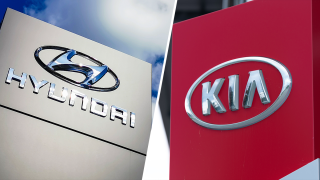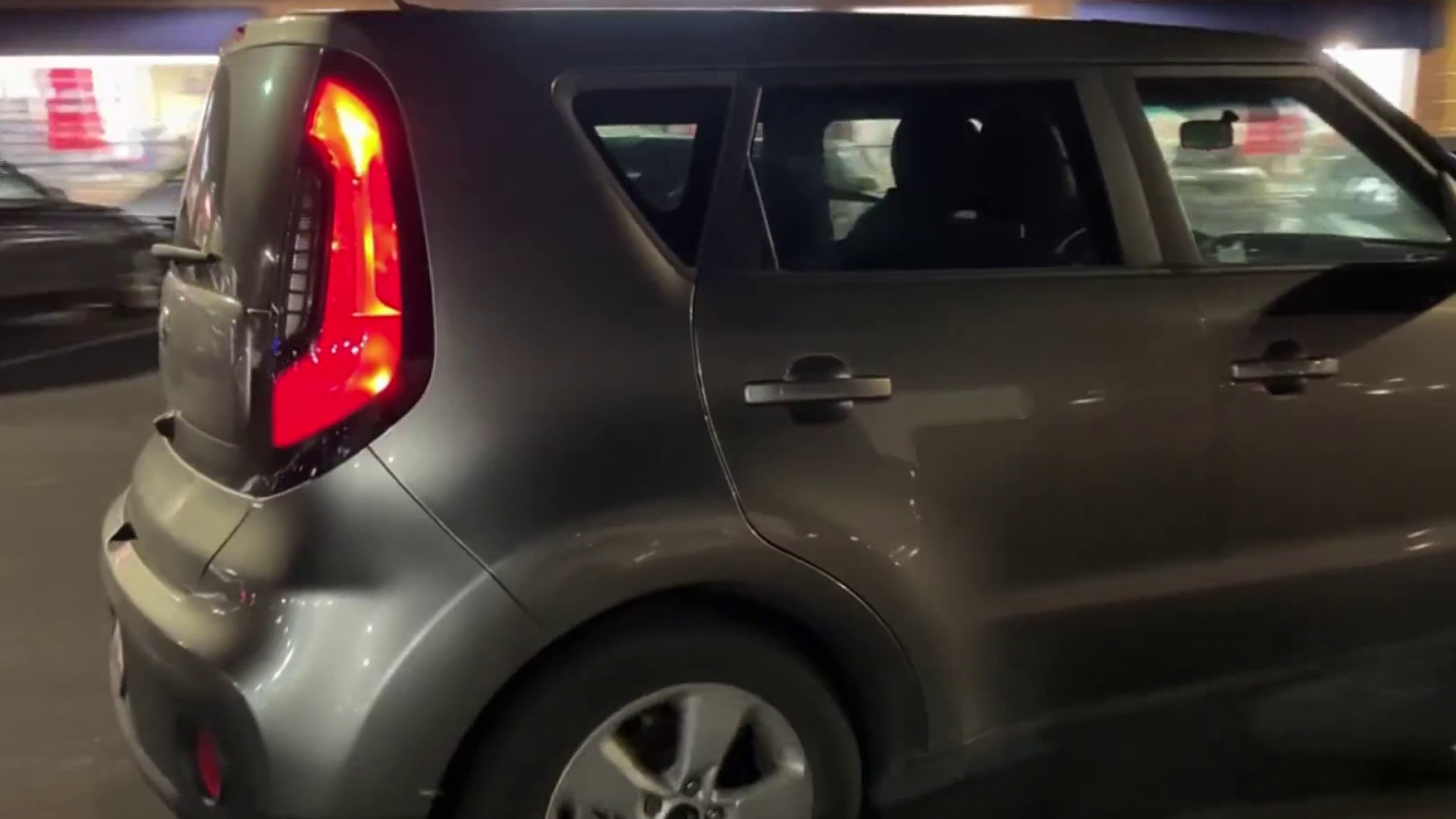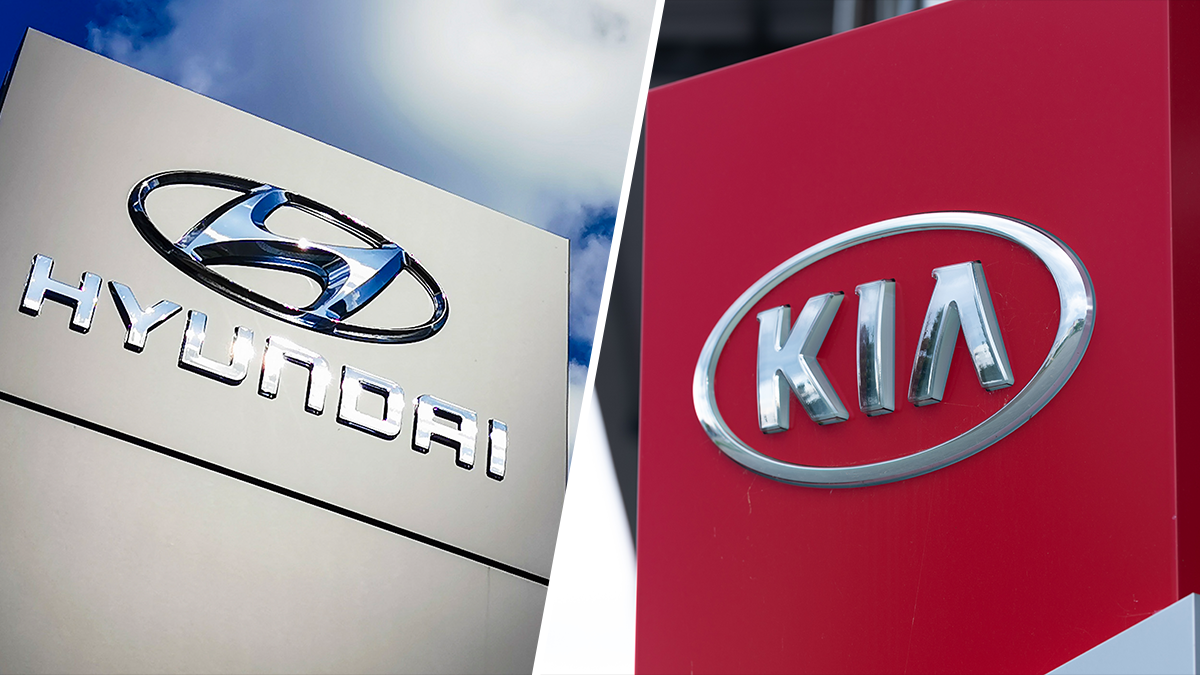
California Attorney General Rob Bonta and nearly two dozen other attorneys general sent a letter Monday to executives with Kia America and Hyundai Motor Company over concerns that the companies have failed to include anti-theft technology in their cars.
The attorneys general argued that Kia and its parent company, Hyundai, declined to include an anti-theft device called an engine immobilizer in their vehicles that use a mechanical key rather than a push-button ignition and were sold in the U.S. between 2011 and 2022.
Engine immobilizers were standard in 96 percent of other new cars by 2015, including the same Kia and Hyundai models the companies sold in Canada and Europe, according to the attorneys general, but were only installed in 26 percent of Kia and Hyundai models in the U.S. that same year.
As a result of the vehicles not coming with an engine immobilizer installed, thefts of Kia and Hyundai vehicles have skyrocketed in recent years. Some social media users have even posted videos demonstrating how to hotwire the vehicles using a USB cord.
The attorneys general noted that thefts of Hyundai and Kia vehicles in places like Milwaukee rose by 895 cars in 2020 to 6,970 cars in 2021, according to data from the Milwaukee Police Department.
California has seen a similar spike, according to Bonta, as thefts of Hyundai and Kia cars rose by 85 percent year-over-year in 2022 and have made up 38 percent of all vehicle thefts in Berkeley since the start of 2023.
"Hyundai and Kia made a decision to forgo a standard safety feature that would help protect owners' investments, and now their customers are paying the price," Bonta said in a statement. "It's time for Hyundai and Kia to take responsibility for their poor decision which is hurting American families and putting public safety at risk."
The attorneys general also argued in their letter that the lack of engine immobilizers in certain Kia and Hyundai models is now affecting Kia and Hyundai owners who have not had their cars stolen, as some car insurance providers are denying new policies for the vehicles.
Hyundai said last month that it would release a software update to some 4 million vehicles in an effort to prevent thefts. Hyundai has also installed an engine immobilizer in all vehicles produced since November 2021.
Get a weekly recap of the latest San Francisco Bay Area housing news. Sign up for NBC Bay Area’s Housing Deconstructed newsletter.
The company said Monday that it has also provided more than 40,000 theft-preventing steering wheel lock devices to more than 370 local law enforcement agencies, as some affected Kia and Hyundai vehicles are not compatible with the software update.
"Hyundai is committed to the quality and integrity of our products and plans to continue supporting the communities affected by this theft issue," the company said in a statement, adding that all Hyundai and Kia vehicles meet federal safety standards.
"We appreciate and share the interest in addressing the rise in thefts of these vehicles," Hyundai said in its statement.
The attorneys general called the company's efforts to prevent vehicle thefts "long overdue and still not enough," and argued that the company has undermined public safety across the country.
"We urge you to do everything in your power to accelerate the implementation of the software upgrade and to provide free alternative protective measures for all those owners whose cars cannot support the software upgrade," the attorneys general said in their letter.
Along with Bonta, the top prosecutors in the states of Arizona, Colorado, Connecticut, Delaware, Illinois, Massachusetts, Maryland, Nevada, New Jersey, New Mexico, New York, North Carolina, Oklahoma, Oregon, Pennsylvania, Rhode Island, South Dakota, Vermont, Washington, Wisconsin, the District of Columbia and the director of the Utah Division of Consumer Protection signed the letter.
Owners of Kia and Hyundai vehicles sold between 2011 and 2022 can visit hyundaiantitheft.com for information about the software update or the need for a physical anti-theft device.



